Shop » Exam Guides » Management Level » EK General & Motor » Engineering Knowledge – General – DECEMBER 2025 updated
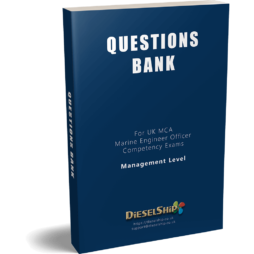
UK MCA Management Level Exams Question Bank for Academics Subject - MARCH 2025 Updated
£ 100.00 Original price was: £ 100.00.£ 50.00Current price is: £ 50.00.
Engineering Knowledge – General – DECEMBER 2025 updated
£ 50.00
Final price will include additional 5% GST
UK MCA Management Level Exam guide for Engineering Knowledge – General
- Contains solved answers for question papers of Marine Engineering Knowledge General.
- Questions covered are from year 2017 March to Year 2025 OCTOBER.
- Question Papers are listed from the most recent month to the oldest.
Description
EK-General Book
EK-General Book covers all 3 sections
Section - A
Section - A
Section – A – Auxiliary Machines
All 8 questions from section – A which is usually from the topic of the Auxiliary machine are covered.
Section - B
Section - B
Section – B – Marine Electro-Technology
All 3 questions from section – B which is usually from the topic of the Marine Electro-Technology are covered.
Section - C
Section - C
Section – C – Ship Construction & Naval Architecture
All 3 questions from section – C which is usually from the topic of the Ship Construction & Naval Architecture are covered.
COVERAGE
Questions Solved From
March 2017
Questions Solved Upto
Most Recent Exam
Additional information
| Weight | 0.75 kg |
|---|---|
| Dimensions | 30 × 24 × 4 cm |
Reviews (0)
Be the first to review “Engineering Knowledge – General – DECEMBER 2025 updated” Cancel reply
Related products
EK-General Subscription – DECEMBER 2025 Updated
From £ 15.00
Select options
This product has multiple variants. The options may be chosen on the product page
EK-Motor subscription – DECEMBER 2025 Updated
From £ 15.00
Select options
This product has multiple variants. The options may be chosen on the product page



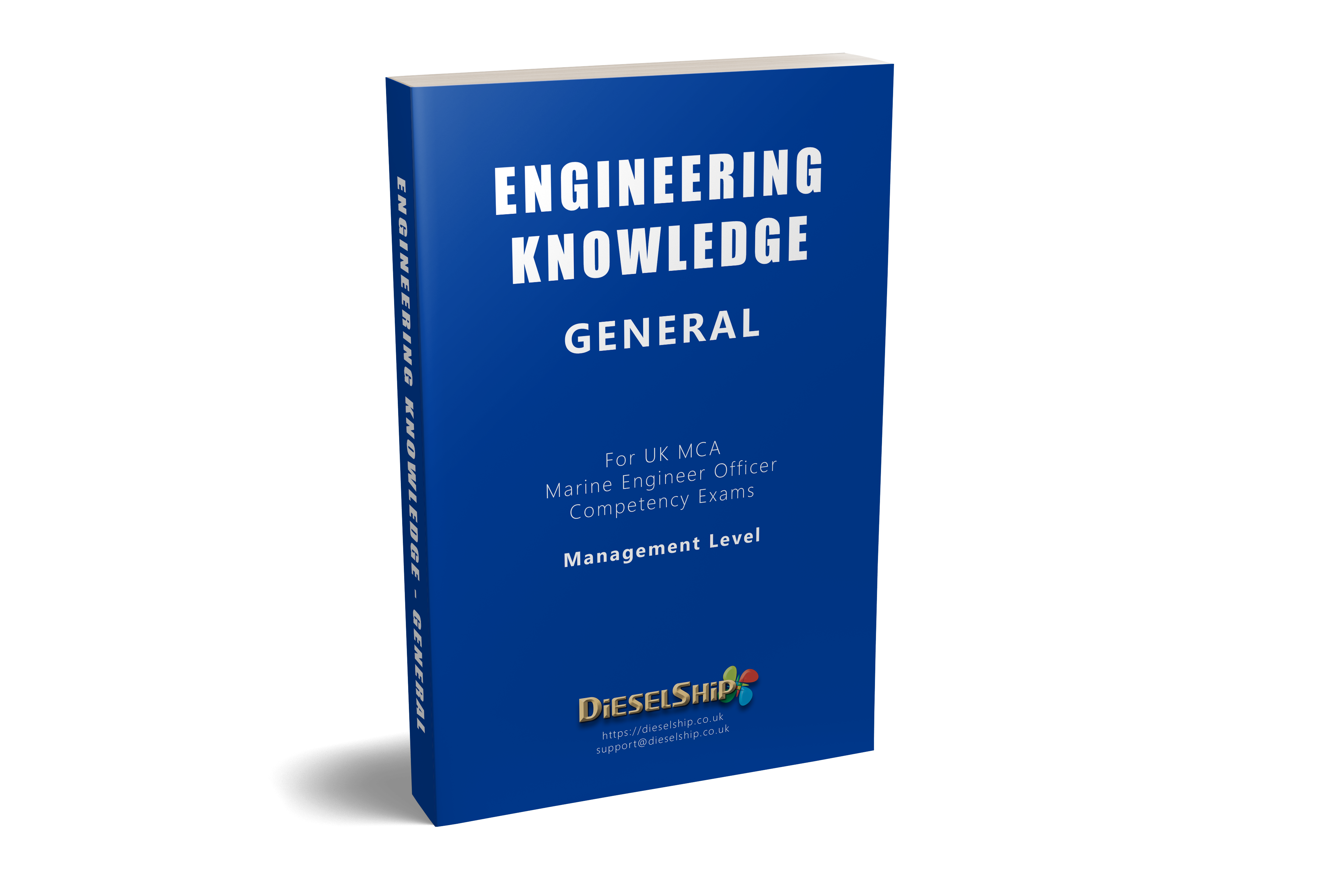
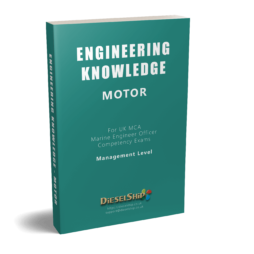
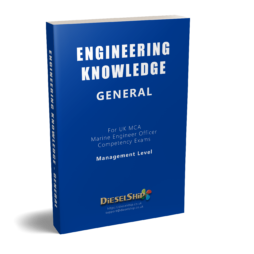
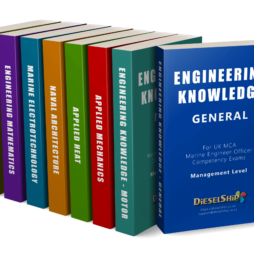
Reviews
There are no reviews yet.